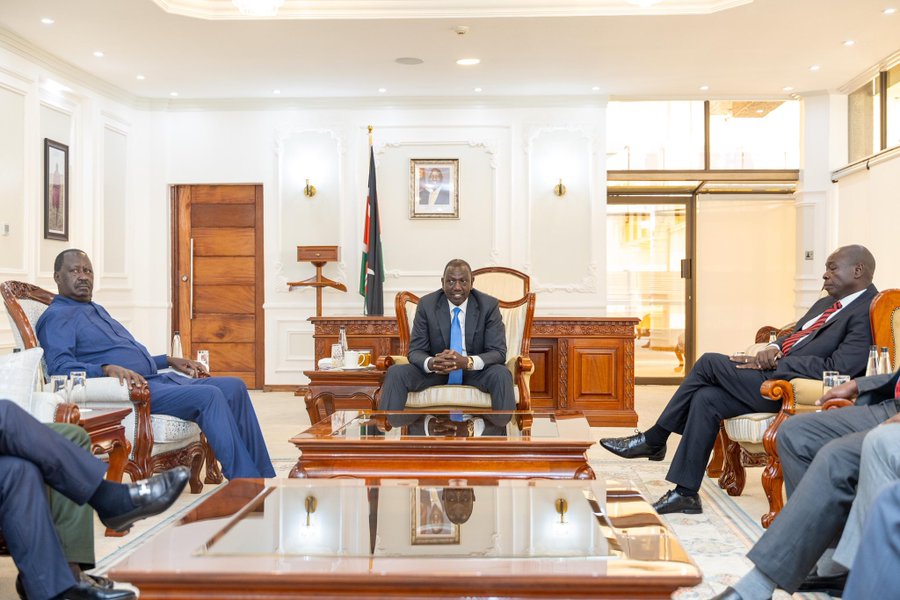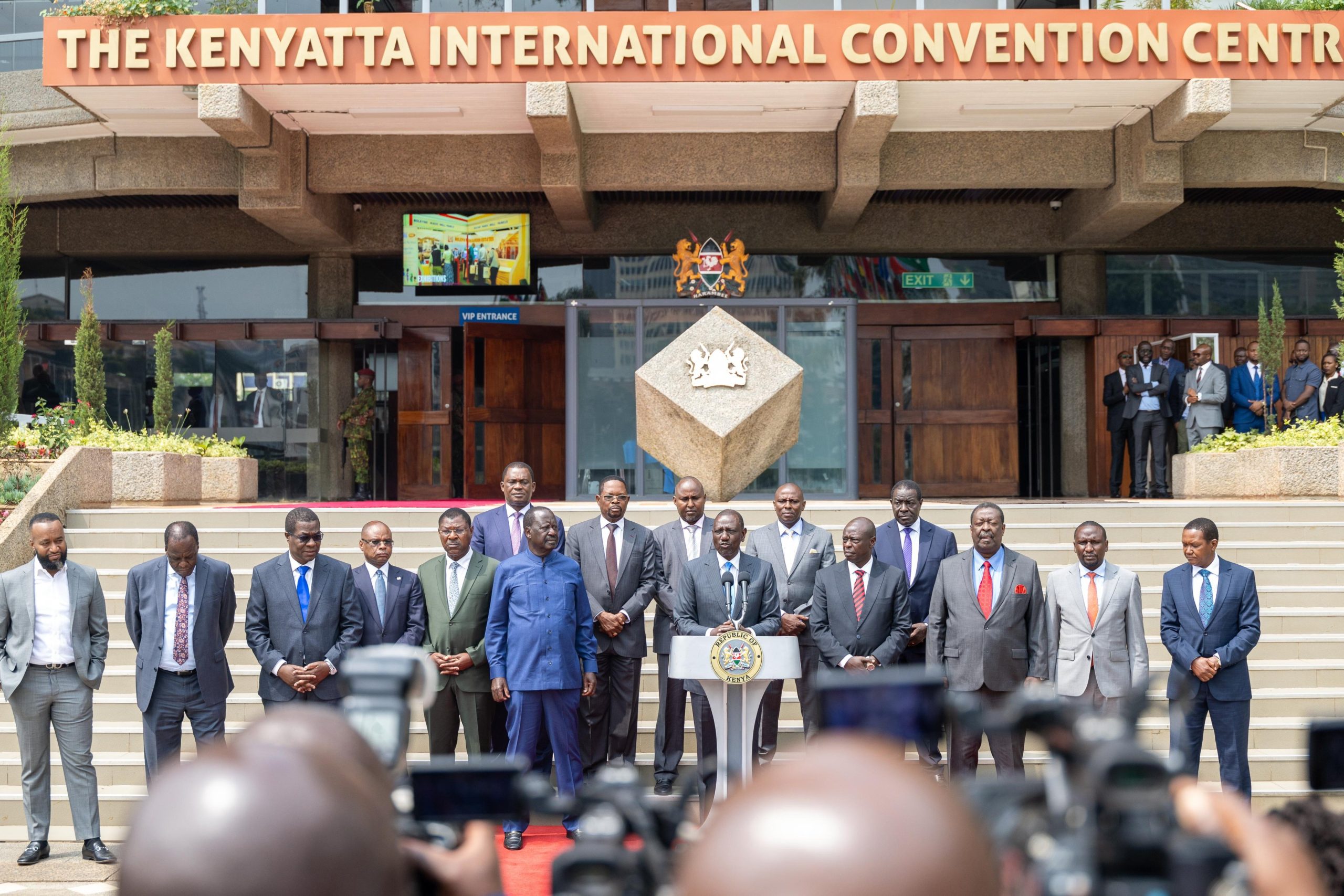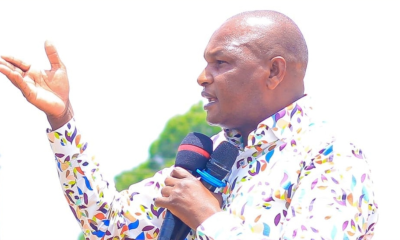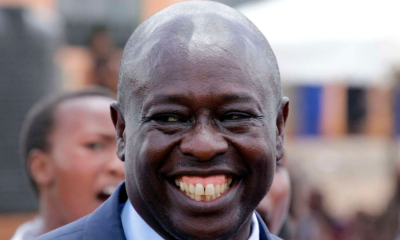News
Inside Ruto-Raila Plans to Overhaul Judiciary and Police Forces
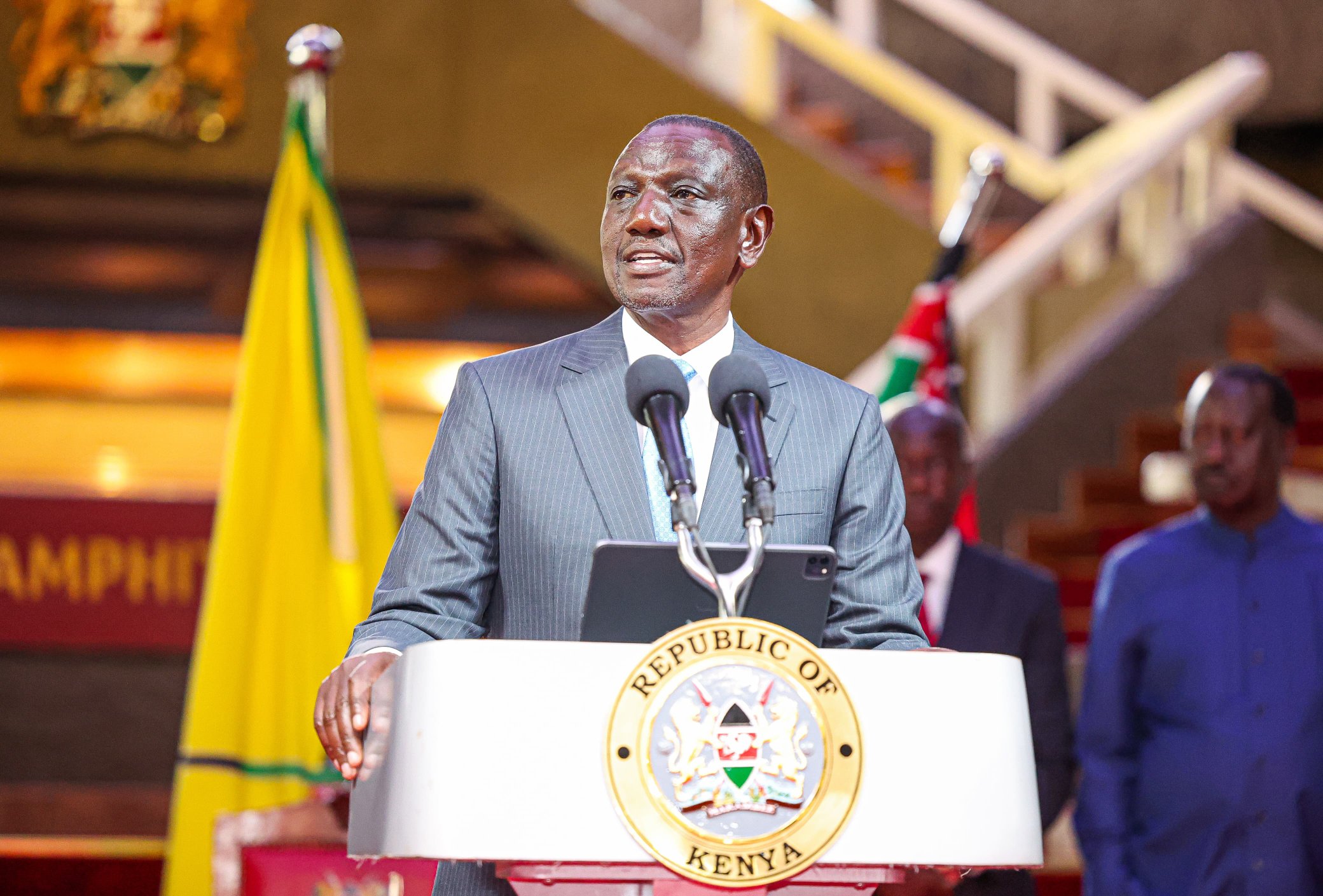
In a significant development shaping Kenya’s political landscape, leaders from both the Ruto and Raila camps have unveiled ambitious plans to reform the country’s judiciary and police forces.
This initiative comes against a backdrop of heightened public scrutiny and calls for transparency and accountability in law enforcement and judicial processes.
The proposals put forth by Deputy President William Ruto and former Prime Minister Raila Odinga underpin their respective visions for Kenya’s future governance.
Central to these plans is a commitment to addressing systemic challenges that have long plagued the judiciary and police, aiming to restore public trust and enhance the institutions’ effectiveness.
Will Ruto-Raila Plans Address Key Issues Raised By Gen Z?
In response to widespread protests by Gen Z and calls for dialogue from President William Ruto and Raila Odinga, the Kenyan Senate has put forward significant reforms.
Senate Majority Leader Aaron Cheruiyot and Minority Leader Opiyo Wandayi presented these proposals to tackle corruption, government inefficiency, and unfair public appointments, which have fueled the unrest.
They also address concerns about the lavish lifestyles of Kenya Kwanza leaders, high unemployment rates, and rising living costs in their motion titled “The Current State of the Nation.”
Key Proposals vs Issues
Kenya Insights allows guest blogging, if you want to be published on Kenya’s most authoritative and accurate blog, have an expose, news TIPS, story angles, human interest stories, drop us an email on [email protected] or via Telegram
-

 News2 weeks ago
News2 weeks agoTHE FIRM IN THE DOCK: How Kaplan and Stratton Became the Most Scrutinised Law Firm in Kenya
-

 Economy2 weeks ago
Economy2 weeks agoIran Demands Arrest, Prosecution Of Kenya’s Cup of Joe Director Director Over Sh2.6 Billion Tea Fraud
-

 Grapevine1 week ago
Grapevine1 week agoA UN Director Based in Nairobi Was Deep in an Intimate Friendship With Epstein — He Even Sent Her a Sex Toy
-

 Business2 weeks ago
Business2 weeks agoA Farm in Kenya’s Rift Valley Ignites a National Reckoning With Israeli Investment
-

 Business2 weeks ago
Business2 weeks agoKPC IPO Set To Flop Ahead Of Deadline, Here’s The Experts’ Take
-

 Politics2 weeks ago
Politics2 weeks agoPresident Ruto and Uhuru Reportedly Gets In A Heated Argument In A Closed-Door Meeting With Ethiopian PM Abiy Ahmed
-

 Investigations1 week ago
Investigations1 week agoHow Mexico Drug Lord’s Girlfriend Gave Him Away
-

 Business1 week ago
Business1 week agoSafaricom Faces Avalanche of Lawsuits Over Data Privacy as Acquitted Student Demands Sh200mn Compensation in 48 Hours

